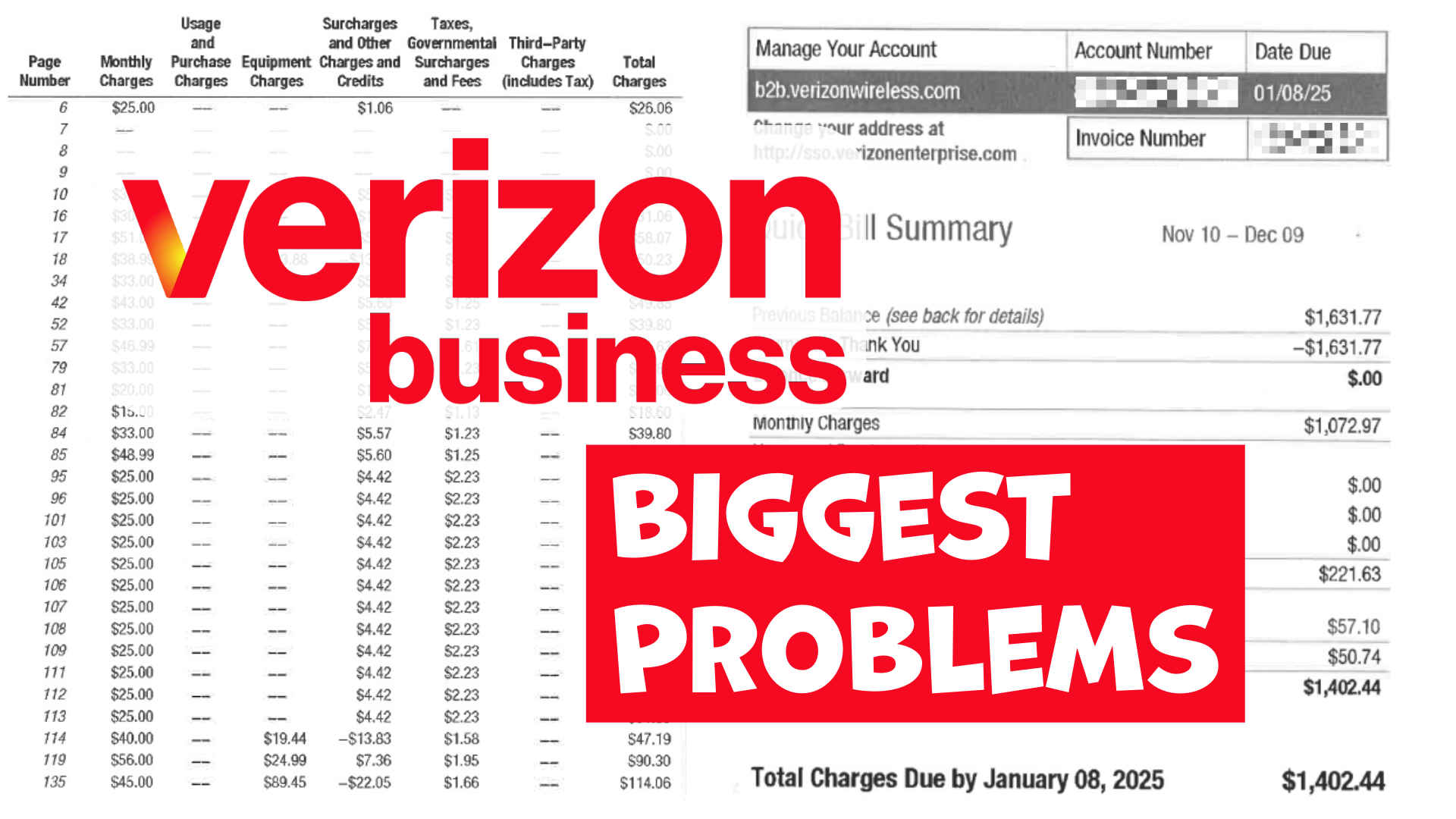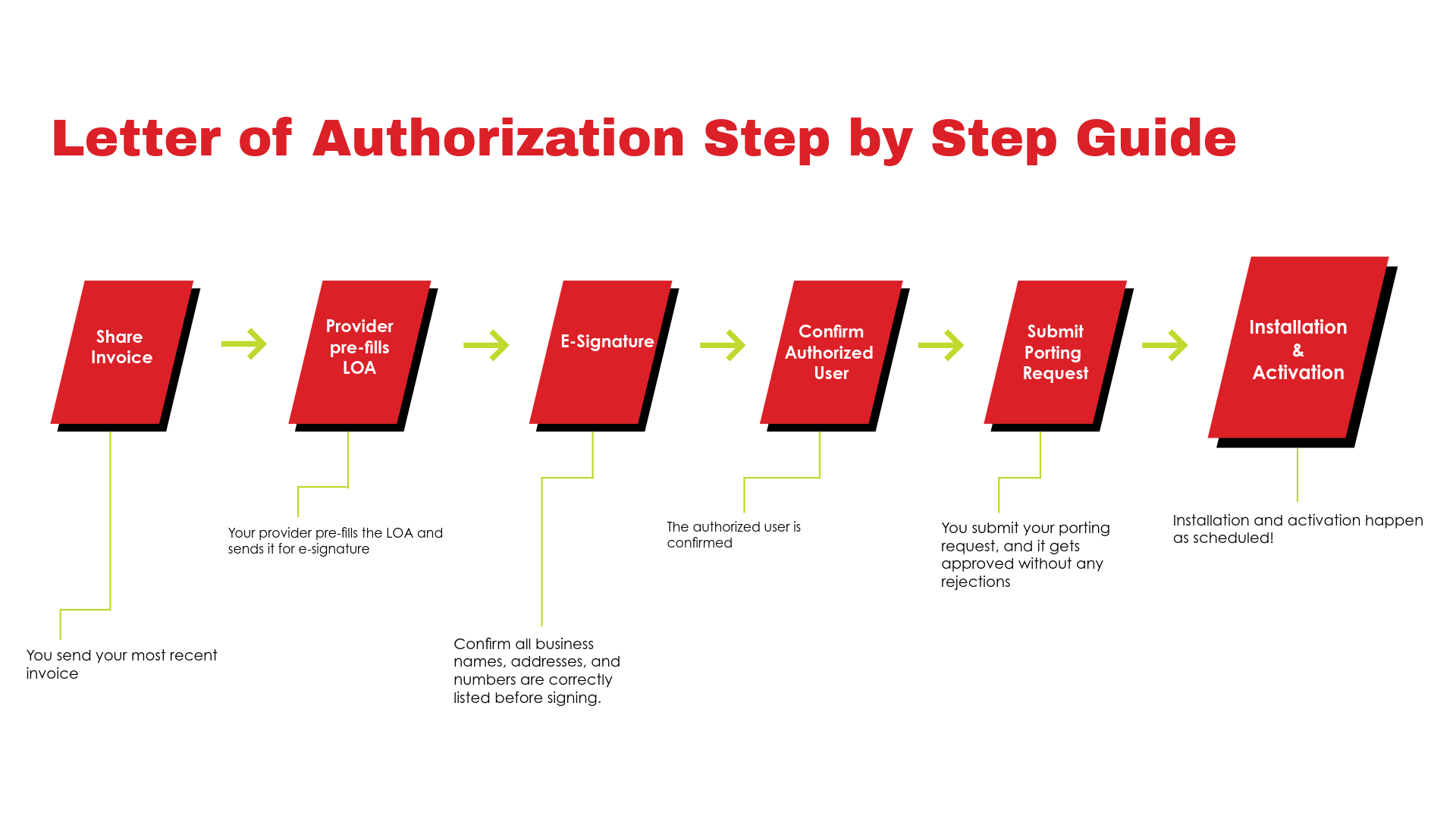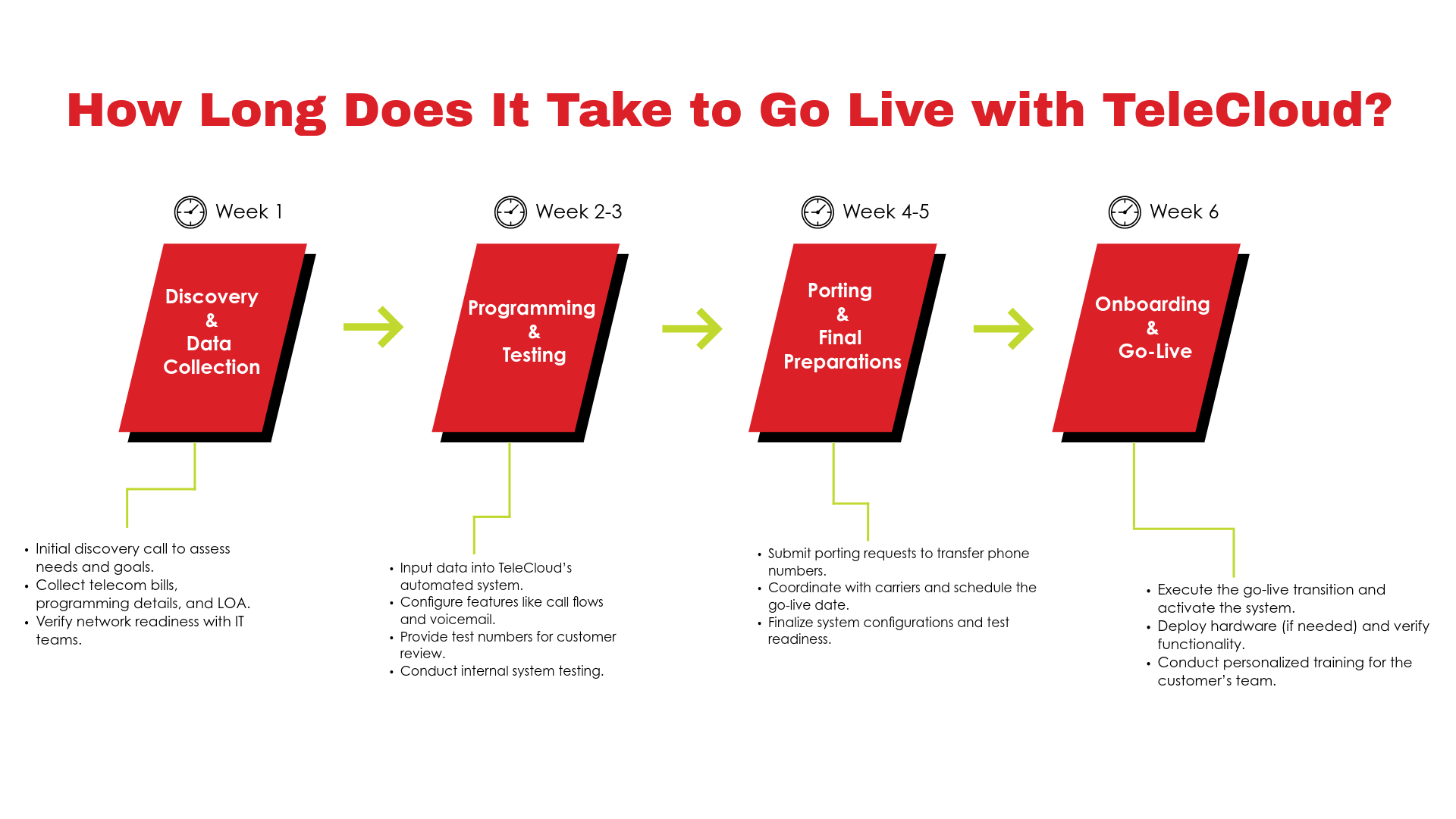Is My Telecom Consultant Paid to Recommend Certain Providers?
Updated: August 19th, 2025 | Published: August 7th, 2025
5 min read

If you’re wondering whether your telecom consultant is recommending the best provider or the one that pays them the most, you’re not alone. Just like in financial services and insurance, telecom consultants are often compensated through commissions from the carriers they recommend. While this isn’t inherently bad, it does raise legitimate concerns about bias, transparency, and trust. This guide will help you understand how the consultant-provider relationship works and what red flags to watch out for.
You’re about to make a big telecom decision. You’ve brought in a consultant to guide the way. But something doesn’t feel quite right; every recommendation leads to the same provider, and you start to wonder: “Am I really getting the best solution, or just the most profitable one for them?”
At TeleCloud, we’ve been on both sides of this model, as consultants and as providers. We understand how commission-based selling works, and we know how tempting it can be to let incentives cloud objectivity. That’s why we believe it’s important to shine a light on the realities of telecom consulting.
In this guide, we’ll break down how telecom consultants are typically compensated, what “pay-to-play” means in this space, how to spot potential conflicts of interest, and what questions to ask to ensure your consultant’s advice is aligned with your business goals—not someone else’s bonus.
Why Am I Starting to Question My Telecom Consultant’s Recommendations?
Telecom, like insurance and financial services, often operates through partner-based selling. That means the telecom consultant you're working with is usually a third party who represents multiple providers. In theory, this should give you access to more choices and better pricing.
The challenge is that some providers offer aggressive incentives, such as large commission multipliers and SPIFFs (Sales Performance Incentive Funds), that can heavily influence recommendations. The image below demonstrates how these incentives can quickly add up to six-figure payouts on larger contracts.
The concern isn’t that commissions exist; it’s that they can create a hidden bias. If your consultant stands to earn far more by steering you toward one provider, how confident can you be that the recommendation truly serves your best interest?
How Do Consultants Get Paid?
Telecom consultants (often called agents) don’t typically bill their clients directly. Instead, they earn commissions from the providers whose services they sell. This arrangement isn’t inherently bad; many consultants are transparent and still act in their clients’ best interest, but understanding how these payments work is key.
For example, if Provider A offers a six-month upfront commission, and Provider B offers a lower payout but is a better fit for your business, what's the consultant likely to recommend?
Most consultants are paid in three main ways:
-
Recurring Commissions: A percentage of your monthly charges (often 10–20% of MRC) for as long as you remain a customer.
-
Upfront Commissions: A one-time payment tied to contract value or first month’s charges, often used in hardware or shorter-term deals.
-
Hybrid Commissions: A mix of upfront and recurring commissions, giving consultants both immediate and long-term incentives.
This isn’t a new issue. The financial services industry faced a similar problem years ago, where brokers recommended stocks or mutual funds based on commissions instead of client needs. That led to the rise of Registered Investment Advisors, professionals paid a flat fee to eliminate conflicts of interest.
In telecom, we’re seeing similar patterns. It’s not that all consultants are bad actors, but without transparency, it’s hard to know who’s really working in your best interest.
Am I Getting the Best Solution or the Most Profitable One for My Consultant?
When you ask your telecom consultant for a recommendation, you assume it’s based on your needs, network reliability, features, budget, and scalability. But what if the top suggestion keeps circling back to one provider? Should you question it?
Absolutely. Not because the provider is wrong for you, but because you deserve to understand why it’s being recommended.
*In other industries, disclosure is standard. When buying health insurance, for example, brokers are required to provide a commission disclosure form. Telecom rarely works that way, even though the financial stakes can be just as high.
How Can I Tell if a Telecom Consultant Has a Conflict of Interest?
Start by asking a simple question: How are you compensated?
If the consultant is upfront and explains both direct client payments and carrier commissions, that’s a good sign. If they dodge the question or talk in vague terms, be cautious.
Other red flags:
- Recommending the same provider in every scenario
- Pushing a solution without a clear understanding of your needs
- Not disclosing SPIFs or bonuses involved
3 Questions to Ask Your Telecom Consultant Today
- Are you paid by the providers you recommend?
- Do you receive SPIFs or bonuses from specific carriers?
- Can you share all the providers you evaluated and why you chose this one?
Beyond the Sale
You might be wondering: Will my telecom consultant still support me after the contract is signed, or do they vanish until it’s time for a new deal? A trustworthy consultant should act as your long-term advocate, not just someone who connects you and disappears.
A well-connected consultant typically has influence with carriers because they’ve placed multiple clients with them. That relationship can mean quicker resolutions, better support, and stronger negotiation leverage during renewals.
Make sure you understand how involved your consultant will be down the road. Long-term commitment is part of the value they should bring to your business.
Can I Still Trust Commission-Based Telecom Agents?
You can, if the relationship is handled transparently. Ethical consultants can be powerful allies. Because they’ve placed multiple customers with a provider, they often have more pull to escalate issues, negotiate better rates, or resolve support problems faster than you could on your own.
That kind of influence can work in your favor, as long as it’s clearly explained. A consultant might earn a commission, but if they’re upfront about it and still focused on delivering a solution that meets your business needs, the relationship can be a win-win. The real question isn’t whether they’re paid, it’s whether their guidance still aligns with your goals.
What Would a More Transparent Telecom Buying Experience Look Like?
Imagine if consultants in telecom adopted the same model as fiduciary financial advisors: paid a flat fee by you, the client, regardless of what solution you choose. Or, at a minimum, provided a clear, written disclosure of commissions and SPIFs attached to each provider.
As AI and digital platforms mature, we may see more direct-to-business telecom models emerge, similar to what Tesla has done to bypass the traditional dealership structure. But until then, transparency is your best tool.
Who’s Really On My Side And How Can I Be Sure?
Let’s face it, telecom decisions aren’t just about choosing phones and features. They’re about who you trust to guide your business forward. If the advice you’re getting is driven more by payouts than your actual needs, that’s a problem.
Transparency isn’t just a buzzword; it’s a baseline. You have every right to ask how your consultant is compensated and expect full clarity. Because when real money, uptime, and customer experience are on the line, the truth matters.
At TeleCloud, we believe in transparency as a core value. We don’t play games with your trust. We provide unbiased recommendations, backed by experience, not backroom incentives.
If you're evaluating telecom options and want to work with a partner who puts your goals before their commissions, schedule a free consultation with TeleCloud today. Let’s build something that works for you.
Frequently Asked Questions
Are all telecom consultants paid by providers?
Not necessarily. Consultants may receive provider commissions and SPIFs, or they may be directly contracted by clients. Always ask how they’re compensated.
Why do SPIFs exist in telecom, and how do they influence decisions?
SPIFs (Sales Performance Incentive Funds) are designed to drive short-term sales results for specific providers. While legal, they create a financial incentive that can override objective consulting if not transparently disclosed.
Do commissions invalidate the consultant’s advice?
Not always. Ethical consultants disclose any bonuses and still prioritize your needs. Commission structures don’t automatically mean bias, but transparency matters.
Is it normal for the same provider to be recommended across clients?
Sometimes, especially if a provider has broad coverage or integration capabilities. But if it happens without clear justification, it’s worth questioning the consultant’s process.
Will I miss out on good deals by avoiding SPIF-driven recommendations?
Not necessarily. Many top providers offer consistent pricing across channels. A transparent consultant can often still negotiate strong terms without relying on bonus-driven incentives.
damon@telecloud.net
Topics:






















